Mr. Krupinski is the Chief Information Officer for Wesbanco Bank Inc., with over 20 years experience in the technology and data security field. He oversees and fosters an environment in which employees are actively encouraged to identify and implement departmental and bank-wide technology improvements. Mr. Krupinski ensures the bank’s information technology activities are secure, stable, and are used to help maximize profits commensurate with the best interest of shareholders, customers, employees, and the public. Mr. Krupinski develops and implements enterprise architectural strategies to ensure efficiency and future organizational needs.
Mark Krupinski has been profiled in many prestigious publications that have international circulation, including Network World, CIO Magazine, Tech World, and the Wall Street Journal. He has been a guest speaker at esteemed forums, local talk shows, and universities, covering topics from data security to leveraging technical innovations in today’s industry. Mr. Krupinski was also nominated and selected as finalist by his peers for Pittsburgh’s CIO of Year award in 2011 and 2015.
Sajid Khan: Mark, thank you very much for taking the time out of your busy schedule for this interview. Can you please begin by sharing your perspective on the role of the CIO at Wesbanco?
Mark: Being the CIO at Wesbanco is wonderful, fulfilling, challenging and often stressful! I joined Wesbanco in 2002. Since this time, the organization has tripled in size, and quadrupled in assets. All of this growth has occurred during a time when technology has changed from a facilitation tool to an integral part of every business process. I believe that my role is to help the organization to navigate this change and to help individuals to accept the changes that new technology brings. I am often faced with balancing the human element and the efficiency of computers. I believe that my role is predominately to help the organization grow and advance with improved systems and processes, while focusing on the experience and the people that brought us to this point.
SK: What are some of the biggest challenges faced by small- to mid-sized banks during the last couple of years?
Mark: I believe that small to mid-sized banks are faced with the decision to buy or be bought. In order to ensure that Wesbanco can succeed in this current climate; I believe that we must focus on our core competencies and on how we can execute our strategies better than our competitors. Smaller organizations may have the luxury of working with boutique solutions to provide them with a competitive edge. Larger organizations may have the luxury of single sourcing vendors and sacrificing fidelity in the name of consistency. I believe that we, as an organization need to focus on a balance between the two strategies to provide the best solutions, in a manageable and supportable fashion. Without sounding trite; I’d say that we need to provide the best of both worlds.
SK: SK: How is your IT organization helping the bank innovate and grow?
Mark: At Wesbanco, Information Technology has long been at the center of innovation. We have provided commodity solutions and services that have enabled the bank to revolutionize our processing, communications, collaboration and more. To use a bit of our own vernacular, we are have historically provided technology services for the “now”. Our CEO has asked each of us to focus more on “Now, Near and Far”. Based on his call to action, in 2014, I established a bank-wide innovation committee which focuses on looking at the “Near” and the “Far” in terms of technology. Since the group’s inception, we have tackled topics such as: The Internet of Things, Advanced Security and Authentication, the Branch of the Future, Gamification, Digital Currency, and Green Technologies. The group is comprised of volunteers throughout the organization who have a passion for innovation and technology who conduct research and present their findings and operational strategies for the implementation of their vision. We have already operationalized several of the items that weren’t even considerations prior to innovation committee. While many IT projects focus on the future, I believe that the true heart of innovation and the true catalyst for change comes from this group, and I cannot wait to continue its development in the coming years.
SK: How do you relate risk-based IT compliance programs with the overall IT strategy in the banking industry?
Mark: : I’m sure it is no surprise to you that Wesbanco, like all financial institutions is a very risk averse organization. While some CIOs may see this as a barrier to technology advancement, I see it as an opportunity. Organizationally, I report to the Chief Risk Officer as do my counterparts in compliance, vendor management, project management, and risk management. In order to address the compliance driven programs while continuing to advance, we focus on developing an open discussion about the benefits and disadvantages of all technology very early in the vetting process. I focus on teaching these areas about the technology to gain their confidence and support in advance of implementation. Through this open dialogue, I find that the risk based considerations can be easily aligned with our goals of growth and advancement. Additionally, with every new product or service that we offer, we carefully consider the regulatory impact and risks that may arise through its implementation. Finally, I believe that properly documenting and planning any IT activity is key to its success. All of my direct reports are ITIL certified, and we believe that by working within this framework we are able to proactively identify and mitigate risks prior to their occurrence.
SK: At Wesbanco, have you been involved in implementing business strategy? If so, can you share a few tips for the successful implementation of a business strategy?
Mark: : Perhaps a more appropriate question is when have we not been involved in implementing business strategy. It is my belief, that in this day in age it is impossible to implement a new business strategy without the involvement of information technology. For example, when a sales area wants to increase production, they engage us to find better tools to keep their sales people selling. If an operational area wants to improve efficiency, they engage us to automate repeatable processes. I am lucky to work in an organization where I communicate freely with the heads of all other business functions, and I have positioned myself and my department as a solution provider rather than a barrier. My best suggestion in this area would be to build the relationships and position yourself as a trusted adviser. The majority of business lines will look first to changing people in order to gain their desired results, but through our partnerships and our focus on what we call “IT Strategic Alignment” (ITSA), we are able to suggest methods where changing the infrastructure, technology or delivery method can get them much closer to their goals and allow them to focus on their particular objectives.
SK: What has been your greatest achievement in your career?
Mark: I would have to say that my greatest accomplishment in my career has been that I have never strayed my own personal mission to be successful, while maintaining a healthy work-life balance. I believe that they key to this achievement has been my ability of focus on what is important to me, and going after that with everything that I have. I spend my days immersed in technology, and my evenings cultivating the land on my farm, or playing drums in a band. While many may see this as a contradiction, I believe that it evinces the fact that I am able to do what I love, at work and at play. I don’t think that life’s choices need to be exclusive, be happy or be successful. I believe that I could not be successful without being happy, nor happy without being successful. While I have accomplished this today, I know that I make choices every day that contribute to the sustainability of this achievement, and I intend to focus my efforts on maintaining this balance throughout the rest of my career.
SK: What is your leadership style? Does it vary within the role?
Mark: : From a textbook definition, I would say that I am an emotionally intelligent leader as I focus on my own, and others emotions and on how they guide thinking and action. In a more practical sense, I believe in cultivating those with potential and passion rather than focusing on credentials. I believe that a person who is passionate about something will always become a better asset to the organization if I can work with them on how to channel and develop that passion. Technology is an area that is so rapidly changing that an education from two years ago can become quickly outdated, and without that drive to advance and learn, it will quickly become obsolete. I have always sought out individuals who display promise and enabled them to act and to become the best that they can be. I truly believe that my success is only a reflection of those who work for and with me.
SK: While in prior roles, did you target a CIO level position for the next step in your career progression?
Mark: Honestly, no. I began working for Wheeling National 25 years ago as a computer operator. From the time that I began I was passionate about improving technology. I progressed to be the President of American Bancdata Corp which was then acquired by Wesbanco in 2002. After the acquisition I became Vice President of IT and Data Security Officer, and moved through various positions until I became CIO in 2010. I never planned this career progression, but I always immersed myself completely in technology and focused on its advancement within the organization. I suppose you could say that I advanced as technology advanced. My core focus has always been about being at the forefront of new technology and learning how to embrace and integrate it, rather than resisting it. I believe that my career advancement hasn’t been a result of, but a reflection of my ever-present desire to advance technology for Wesbanco.
SK: : Is there anything else you would like to share with your fellow C-level executives.
Mark: “I learned something from Jurassic Park that just because you can do something doesn’t mean that you should”. Throughout my career I have been challenged to do, create or facilitate things that may open the organization up to undue risk or may lead to potential failure. One side of me wants to explore the possibilities while other focuses on the long term ramifications of our decisions. I have this conversation with business line leaders frequently and often find myself playing the role of cautious adviser, rather than succumbing to my inner techie who thinks, “of course we can”.

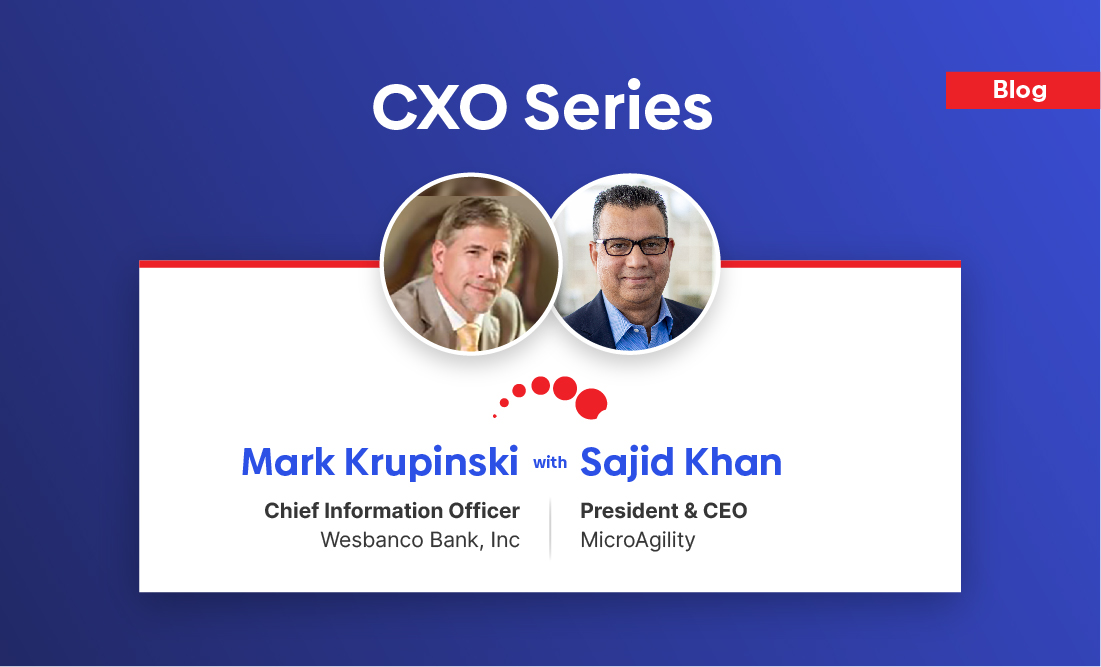
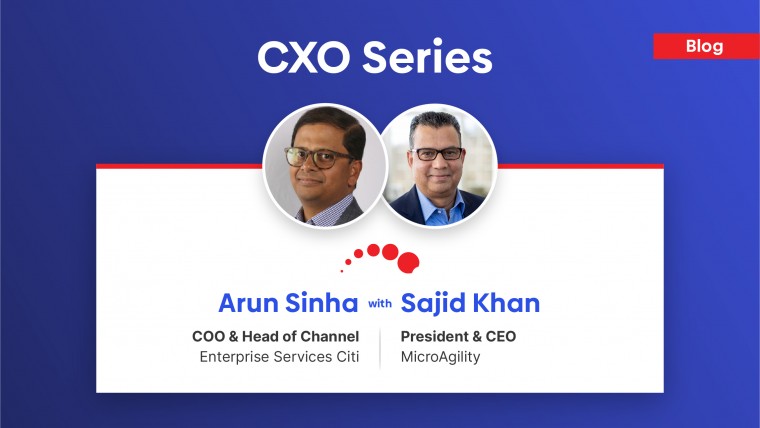
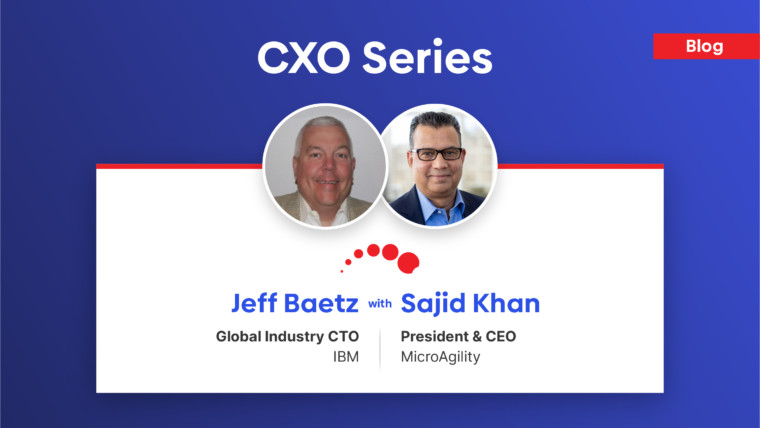
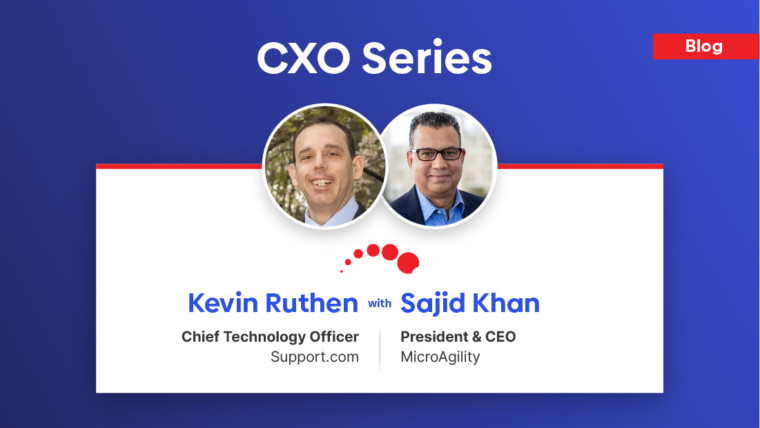
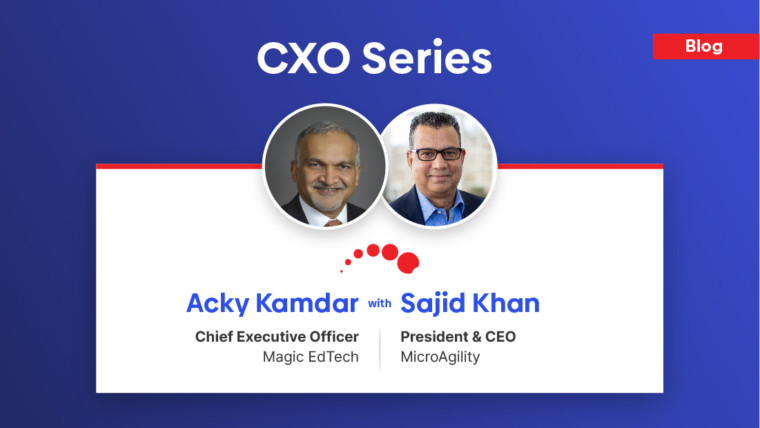
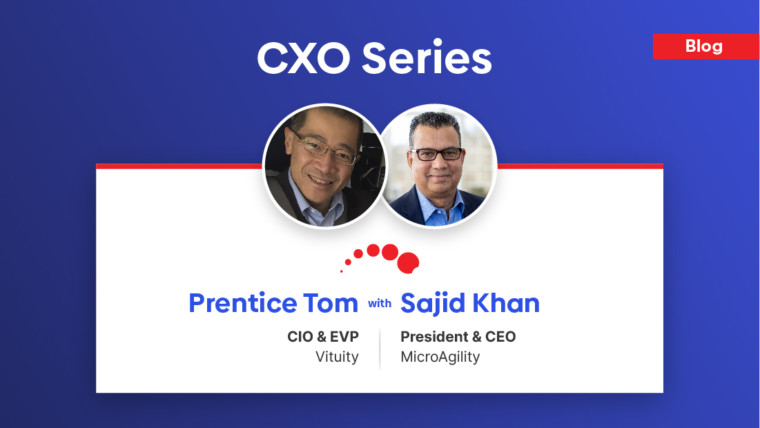
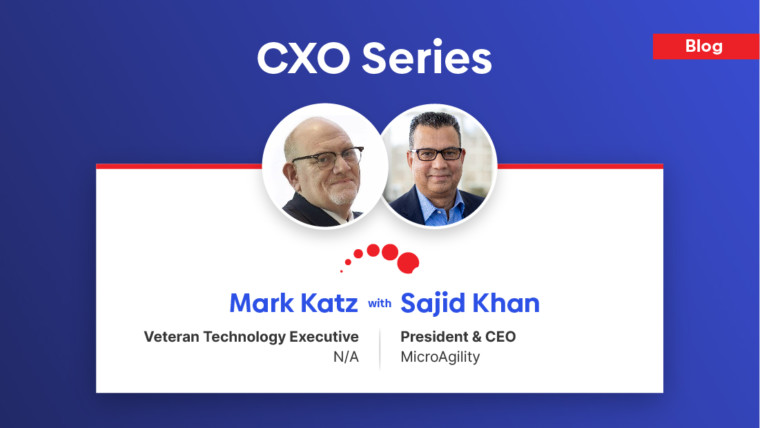
3 Replies to CIO at Wesbanco discuss strategy implementation & challenges faced by small-to-mid sized banks
Great article. Thanks for sharing.
Good One!
That’s more than selsibne! That’s a great post!